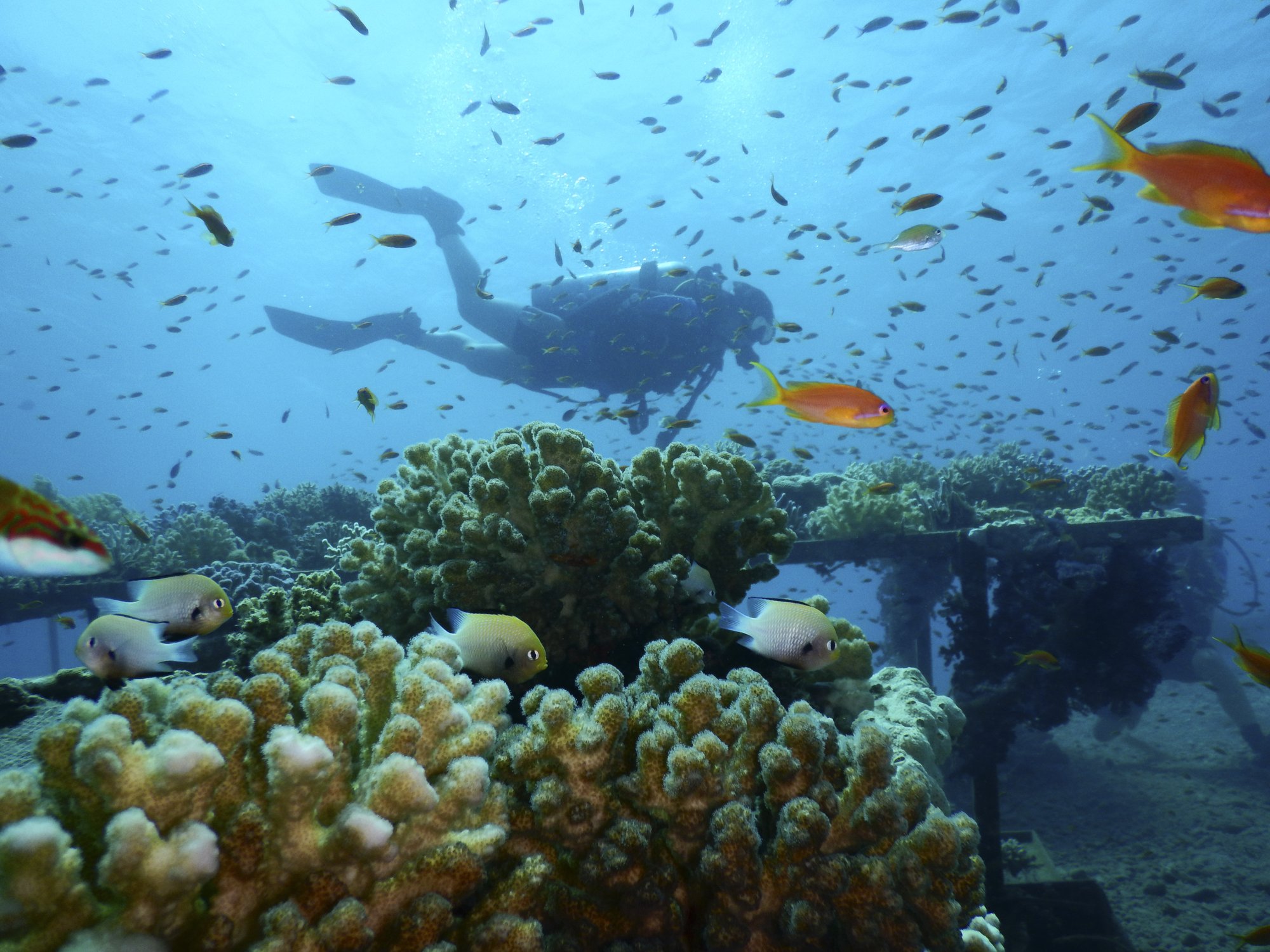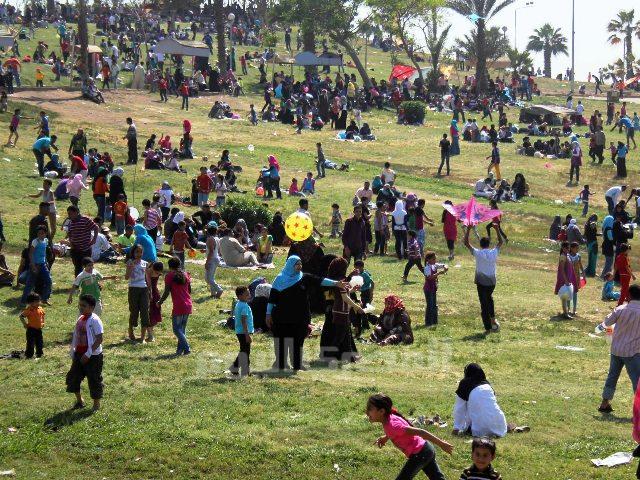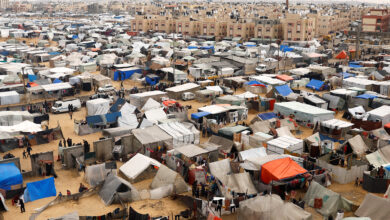
A new scientific study has renewed hopes of restoring coral reefs at the Red Sea through the observation and encouragement of natural reproductive cycles, thereby reviving coral reef areas destroyed over the past years.
The study was carried out by an Egyptian-Saudi scientific team which included an environmental researcher in the Red Sea Reserves, Ahmed Ghallab, working in collaboration with Islam Othman from the King Abdullah University of Science and Technology in Saudi Arabia.
The study, conducted late April, examined coral reef proliferation on the Egyptian and Saudi coasts.
The results revealed that there is a temporal difference in the timing of the reproductive process on the Egyptian and Saudi sides of the Red Sea, with the temperature being the main factor in determining its timing.
The study included 13 species of coral reefs, the most widespread in the northern Red Sea region and the most important coral species in the world.
Reproduction occurs through the formation of eggs within coral reef colonies, and when the eggs reach maturity, the coral colonies release millions of them into the sea.
Ghallab explained that the natural reproduction of coral reefs may restore hope for the formation of natural coral reefs and the cultivation and revival of coral reef areas destroyed over the past years.
Annual coral reef reproduction is a unique and interesting phenomenon, he said, noting that then the coast of Hurghada turns red in the spring months, signifying that the process has begun.




